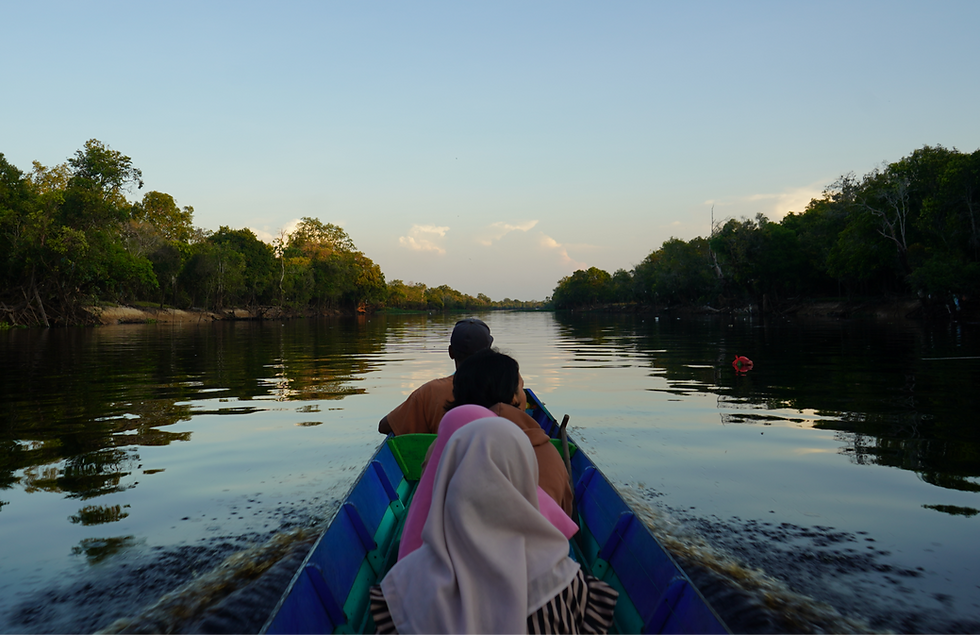Getting to Know our Female Rangers: Constance
- Aug 16, 2012
- 2 min read
Updated: Aug 5, 2024
Last week, we introduced a series on getting to know our four female conservation rangers currently working in the Kasigau corridor, in celebration of Wildlife Works’ first-ever hiring of female rangers in the spring of 2011. We sat down and talked to each woman about her experience working in the project area over the past year, and gained some pretty interesting insight into daily life on the job, which we’d like to share with you.

Constance Mwandaa, a 22 year-old native of Sagalla, begins her day at 5:30 am with a shower and some breakfast, and then heads out into the bush to begin her duties patrolling the protected area for illegal poaching activity.
In many cases, she explains, the rangers are able to track the footprints of poachers and catch them red-handed with elephant tusks, or other illegal animal parts; this is an aspect of the job that she finds most invigorating, saying it makes her feel like “a hero.” Unfortunately, as this scenario illustrates, many poachers are not identified until after they have already attacked an animal. This is because the sound of a gunshot is usually the first signal of a poacher’s presence, and recognizing the direction of the sound helps our rangers to track the culprit. Contrastingly, some poachers use poisoned bow-and-arrows, making it much more difficult to track them, since the weapon is silent. The rangers must be careful when encountering these kinds of poachers, because the poison is fatal for humans as well as animals.
Along with learning how to track and deal with poachers, Constance tells us that this job has taught her a great deal about the local wildlife in the area. She is very passionate about protecting the natural beauty of Kenya, not only for current generations, but for generations to come, and is hopeful about the work that Wildlife Works has undertaken in the local community.
We’re happy to have you on board, Constance!
* * * * * * * * *
Wildlife Works is the world’s leading REDD+ (Reducing Emissions from Deforestation and Degradation), project development and management company with an effective approach to applying innovative market based solutions to the conservation of biodiversity. REDD+ was originated by the United Nations (UN) to help stop the destruction of the world’s forests.
Over a 15 year history Wildlife Works established a successful model that uses the emerging marketplace for REDD+ Carbon Offsets to protect threatened forests, wildlife, and communities.
The company helps local landowners in the developing world monetize their forest and biodiversity assets whether they are governments, communities, ownership groups, or private individuals.



